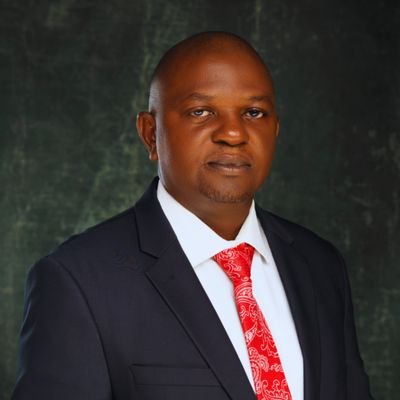NACCIMA concerned about Tinubu's Economic Reforms

The Nigerian Association of Chambers of Commerce, Industry, Mines and Agriculture (NACCIMA) has voiced concerns regarding Nigeria's economic reforms under the Bola Tinubu administration, arguing that the private sector's relegation is preventing ordinary Nigerians from benefiting. NACCIMA President, Dele Oye, has urged the government to empower the private sector, positioning it as the primary driver of sustainable poverty reduction and economic growth, rather than directly managing economic solutions.
Oye highlighted that current government policies have negatively impacted the private sector and the broader population, leading NACCIMA to propose a 13-point action plan. Echoing the World Bank's projections of increasing impoverishment in Nigeria by 2027, Oye stressed the necessity for the government to collaborate with the private sector, acting as regulators and creating environments conducive to business prosperity, from which they can then collect taxes.
NACCIMA has advocated for targeted training and employment programs, expansion of microfinance initiatives, and enhancement of agricultural productivity through modern tools and practices. Oye criticized the harsh business environment where companies provide their own infrastructure and face excessive taxation and high-interest loans, effectively crowding out private investment in agriculture. He proposed reducing deficit financing and public sector borrowing to lower interbank and interest rates, thereby improving loan accessibility.
Oye also cautioned against the government competing with the private sector by directly procuring equipment and materials from abroad, urging industry input in decision-making processes. He criticized the $220 million fine imposed on Meta by the Federal Competition and Consumer Protection Commission (FCCPC), citing its potential to deter investors. NACCIMA calls for enhanced public-private collaboration, with the government focusing on policy, law, and investment incentives.
NACCIMA and the Organised Private Sector of Nigeria (OPSN) have identified Nigeria's significant public sector deficit as a major threat to the government’s objective of achieving a $1 trillion economy by 2030. Oye urged the adoption of a more stringent public financial management strategy, prioritizing capital over recurrent expenditure, broadening the tax base instead of increasing tax rates, improving expenditure efficiency, and eliminating leakages across government levels.
Referencing the World Bank's Africa Pulse report, which projects a rise in Nigeria's poverty rate to 56% by 2027, Oye emphasized the urgency for rapid and targeted policy actions to address spiraling inflation, rising youth migration, and an expanding fiscal deficit. He voiced concerns over high-interest rates, with commercial lending rates between 30% and 40%, which he believes stifles entrepreneurship, industrial growth, agriculture, and the overall productive sector. NACCIMA has advocated for targeted intervention funding and concessional credit for MSMEs and strategic sectors to boost growth, employment, and food security.
NACCIMA and OPSN have proposed fast-tracking strategic food importation, logistics support, and ensuring affordable inputs for farmers via targeted subsidies. They also advocated for providing naira crude to local refineries and accelerating modular refining projects to cut fuel import dependency. Oye highlighted the declining dominance of the dollar and encouraged Nigerian policymakers to realign foreign policy to capitalize on emerging opportunities, such as deeper partnerships with economic blocs like China and the BRICS nations.
Oye also addressed the 'Japa' phenomenon, the exodus of skilled Nigerian youths, calling for immediate mass-scale public works, digital skills training, and investment in security in vulnerable regions. He urged the government to allocate specific funding for youth-targeted entrepreneurship programs and rural enterprise stimulation, especially in agriculture and light manufacturing.









